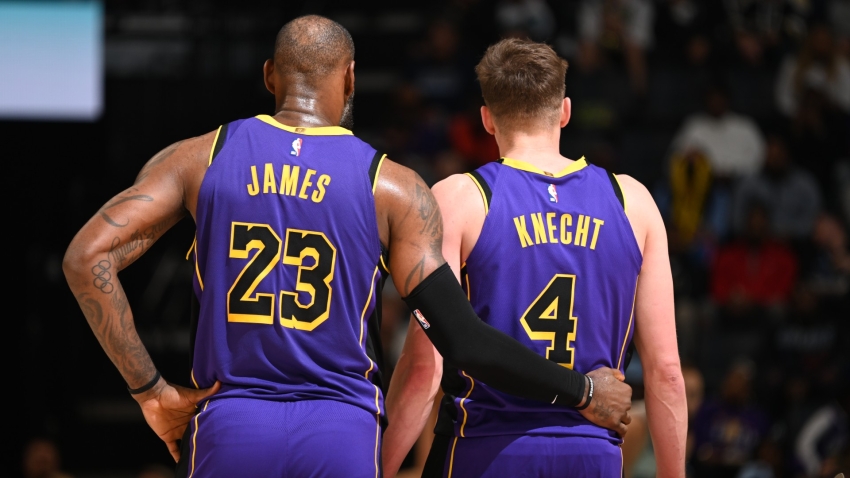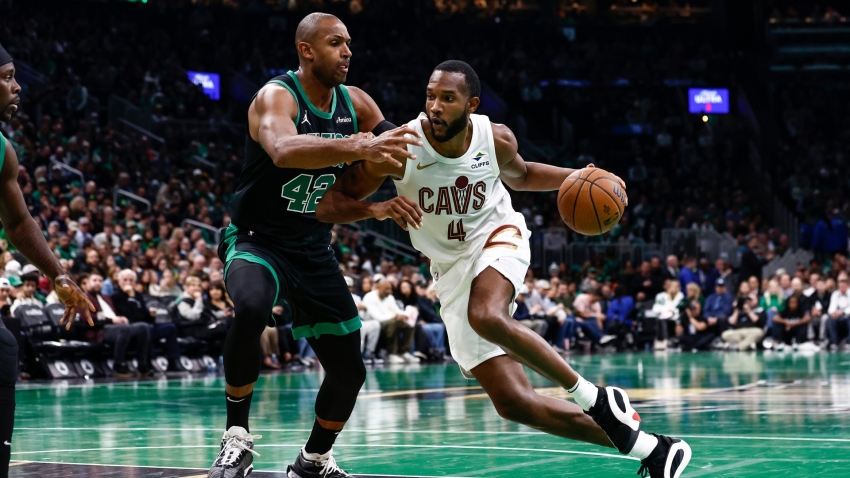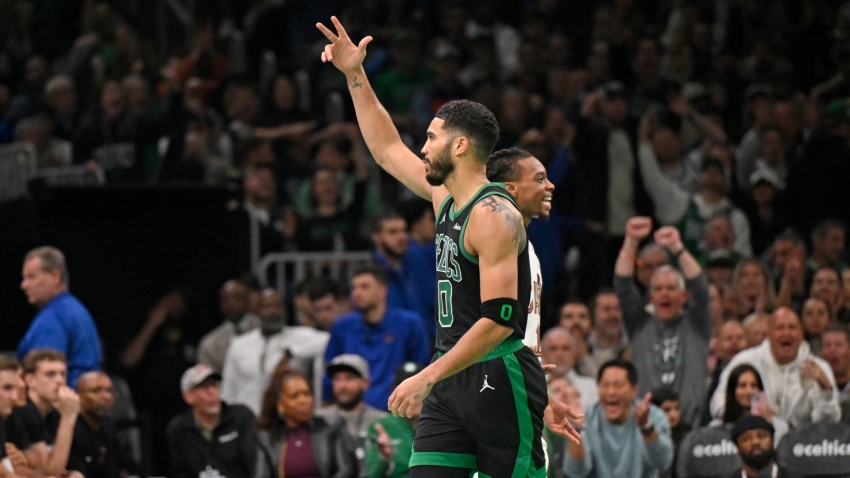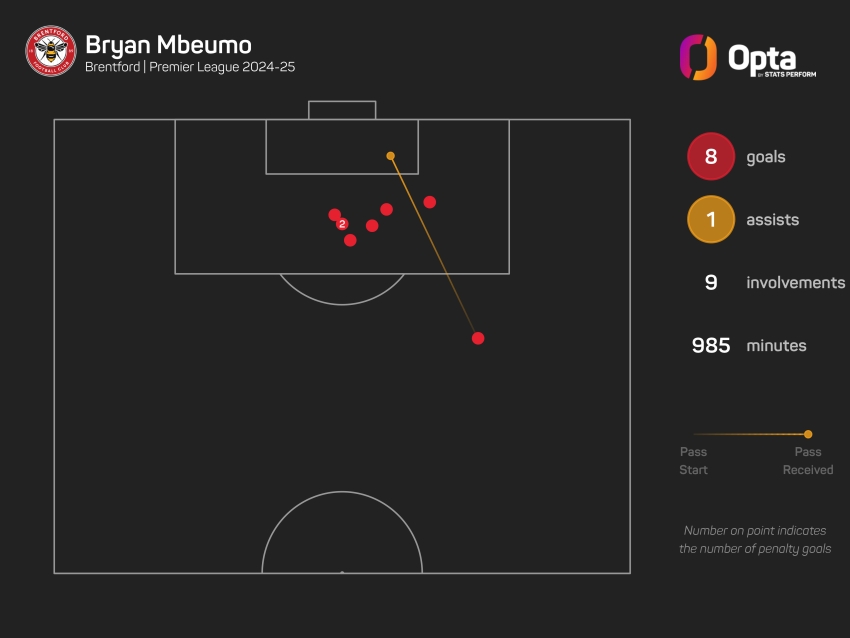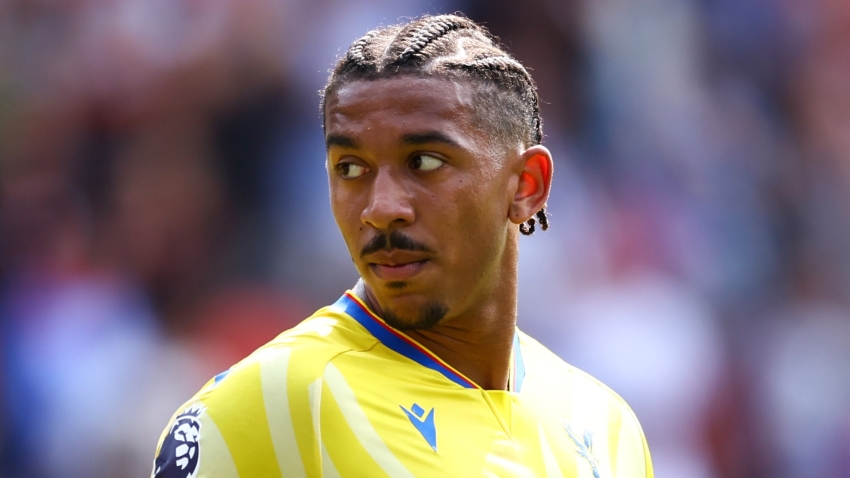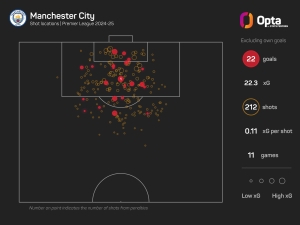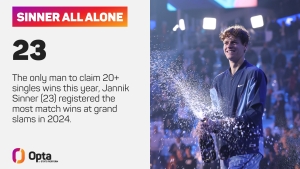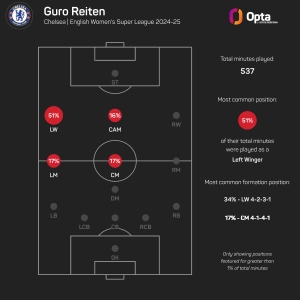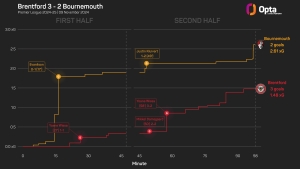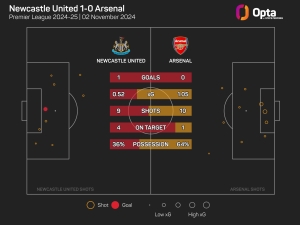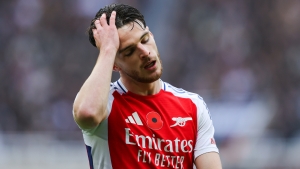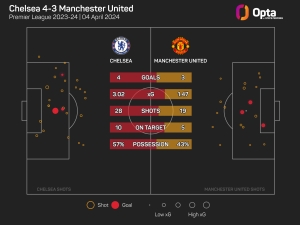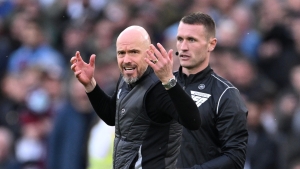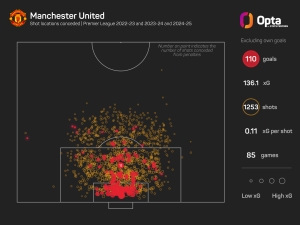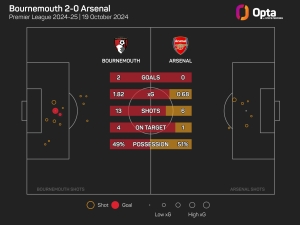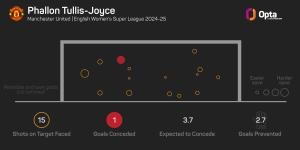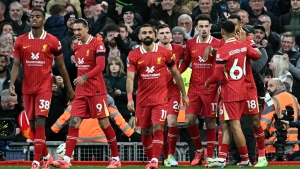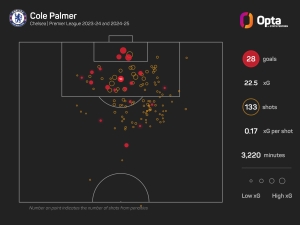This weekend brings the match everyone has been waiting for the Women's Super League.
Stamford Bridge will be the stage as Chelsea host Manchester City on Saturday in a heavyweight tussle that promises to give fans an early indication of where the title may be heading this season.
Sonia Bompastor has started her Chelsea tenure emphatically, and she could become the first manager to win each of their first seven games in the WSL. If she felt any pressure when stepping into Emma Hayes' shoes, she certainly is not showing it.
Chelsea have been in hot form in front of goal this term, scoring 23 goals across their first six games, having played one less than Manchester City due to their clash with Manchester United – who are also unbeaten – being rescheduled for next week.
The Blues' confidence will be sky-high going into this crucial double-header against the Manchester clubs, having maintained their unbeaten record across all competitions under Bompastor by overcoming Celtic in the Women's Champions League on Wednesday.
Chelsea also have a strong record in this fixture. They have won four of their last five home games against City in the WSL, though they did lose their most recent such game 1-0 back in February, so Gareth Taylor's visitors will think they have a chance.
Man City sit top of the table and will not want to relinquish their advantage at the summit, and while last year's away victory over Chelsea was rare, they are unbeaten in their last three WSL meetings with the Blues, with two wins.
Overall, only Arsenal (10) have recorded more wins over them in the competition than City's seven, and another would represent a real statement of their title intent.
Goals win Games… and Titles
With the last title race coming down to goal difference in the final game of the season, City are clearly haunted by their inability to get across the line. Taylor and his players are determined not to see a repeat of that heartbreaking near miss in 2024-25.
The City head coach told Opta Analyst exclusively in pre-season: "You would be surprised how strong it makes you and how mentally determined you become.
"Of course, we will use that frustration, disappointment, to really use it as energy for this season."
Banishing that nightmare is high on their agenda. They have scored 16 goals in just seven matches this season (2.2 per game), but this still represents a marginal underperformance of their underlying figures, given they have generated 16.59 xG (2.37 xG per game).
However, if we compare City's attacking output to that from last season, it is clear they have endured a drop-off. In the WSL in 2023-24, City averaged 2.77 goals and 2.19 xG per game. Though they were eclipsed by Hayes' free-scoring Chelsea, they took more of their chances than anticipated based on the quality of opportunities they created.
City successfully got 183 of their 423 shots on target last term (43.2%), whereas this season they have hit the target with 47 of their 125 attempts (37.6%). Their shot conversion rate has also dropped from 14.4% to 12.8% and their big-chance conversion rate has fallen from 41.67% (30/72) to 37.04% (10/27).
So there is still work to do for City if they are to match Chelsea's pace, with the Blues already boasting a goal difference eight better than that of their rivals.
City might be able to point to some misfortune on that front, though, as their total xG figure is the highest in the league so far this term.
With 23 goals, Chelsea have greatly overperformed their 13.76 xG, with that +9.24 overperformance by far the biggest in the competition. The Blues have been incredibly efficient, having the most shots on target (48) in the competition – one more than Man City (47) despite having 15 fewer shots overall.
The Blues' big-chance conversion rate of 60.87% is also the best in the WSL (14/23), as is their shot conversion rate (20.91%). By contrast, City's 12.8% shot conversion rate ranks fourth.
Chelsea may have relied on Lauren James, Sam Kerr and Fran Kirby to provide the goals in previous seasons, but they have become a very different proposition under Bompastor. They have had 13 different goalscorers in the WSL this season, while City have only had six, ranking fourth, also behind Tottenham (eight) and Arsenal (seven).
Shaw's Golden Touch
While City have not matched Chelsea's ruthlessness this season, that does not apply to last season's Golden Boot winner, Khadija 'Bunny' Shaw.
She has seven goals in as many games this season, overperforming her league-high xG figure of 4.83 xG, and also leads the competition for shots (28) and shots on target (12).
Shaw has been presented with nine big chances and has converted five of them, which is the highest conversion rate (55.56%) of the 13 players to have had more than three such opportunities in the league this term.
Of players to have had at least 10 shots in the WSL, she also has the joint-best shot conversion rate (25%) – level with Nikita Parris (three goals from 12 shots) and Johanna Rytting Kaneryd (three goals from 12 shots).
Since the beginning of last season, meanwhile, Shaw has scored 28 goals, at least 13 more than any other player in the competition (Elisabeth Terland is next on 15).
City were hoping their reliance on Shaw would be lessened when they swooped for the WSL's all-time leading scorer in Vivianne Miedema, but a recurring knee issue has left the former Arsenal star on the sidelines once more. Prior to her latest injury setback, Miedema had scored two goals in five games in all competitions for City.
Shaw will have support from elsewhere, though. Lauren Hemp recently became the youngest player in WSL history to reach 50 goals and also leads the way for assists (five) and chances created (26) in the competition this season.
However, despite her outstanding creative metrics, Hemp has underperformed her 3.26 xG, scoring twice from opportunities that should have resulted in at least one more goal.
Hemp has struggled to convert her big chances this term, only putting away two of the eight that have fallen their way, though both Jessica Park (two goals from 1.79 xG) and Jill Roord (three goals from 2.34 xG) should offer more support to Shaw.
New Boss, New Look
It is fair to say Bompastor has taken to the Chelsea job like a duck to water, becoming just the second WSL manager to win her first six games at a new club, after Jonas Eidevall with Arsenal. No boss has ever started with seven consecutive WSL wins.
The French coach has made a couple of key tweaks to Hayes' setup. Guro Reiten has been one major beneficiary, operating predominantly from a left-wing role (where she has played 68% of her minutes) but also being fielded centrally on occasion.
Reiten is Chelsea's leading scorer with four goals in six games, overperforming her 3.0 xG, while she also leads the Blues for shots (18) and chances created (12), providing two assists.
Chelsea's young talent has also come to the fore under their new boss. Aggie Beever-Jones is having a big impact despite only making two WSL starts, netting three times.
Only Reiten has had more shots than Beever-Jones' 14, while no Chelsea player has hit the target as many times as she has (nine). Beever-Jones has had a knack for being in the right place at the right time, converting two of her four big chances and averaging a goal every 83 minutes.
Another player to find a new lease of life under Bompastor is Rytting Kaneryd, who leads all Chelsea players for goal contributions (five). The Sweden international also leads all of her team-mates for involvements in open-play shot-ending sequences, with 33.
Sjoeke Nusken has also been particularly influential on both sides of the ball, creating 11 chances in open play while also attempting (20) and winning (13) more tackles than any of her team-mates.
Timing is Everything
One theme of Chelsea's season has been their ability to come out of the blocks fast and bury opponents early on, such as when they netted twice in the first 16 minutes of their 2-1 win at Arsenal. The Blues have scored 11 first-half goals in the WSL this season, more than any other team. Their 7.28 first-half xG is also the highest in the league, beating City's 6.78.
Given their overall tally of 23 goals, it is no surprise that Chelsea have also scored the most second-half goals (12), with City second with 10. City have, however, been notably stronger in the second periods of games – often requiring late goals to earn results – and have the highest second-half xG (9.8), with Chelsea's second-half xG down at 6.5.
So, Chelsea are often faster starters, but must be aware of City's ability to pull results out of the fire. Saturday's visitors have gained the most points from losing positions in the WSL this term (seven). Chelsea have not gained any points from losing positions, though that is, of course, because they are yet to trail at any point.
After Chelsea's magnificent start to the campaign, the Opta supercomputer still views them as hot favourites to retain their crown. The Blues are given a huge 79.3% chance of winning the title compared to City's 19.9%, with Taylor's team finishing second again in 66.8% of our 2024-25 season simulations.
The significance of this game, though, means those figures could drastically change after Saturday. Bompastor's team are given a 53.7% chance of emerging victorious, while City's hope of victory are rated at 22.5%.
City would surely be content with a draw on the road, which would halt Chelsea's winning streak and maintain their advantage at the summit, and 23.7% of the supercomputer's pre-match simulations finished all square.



